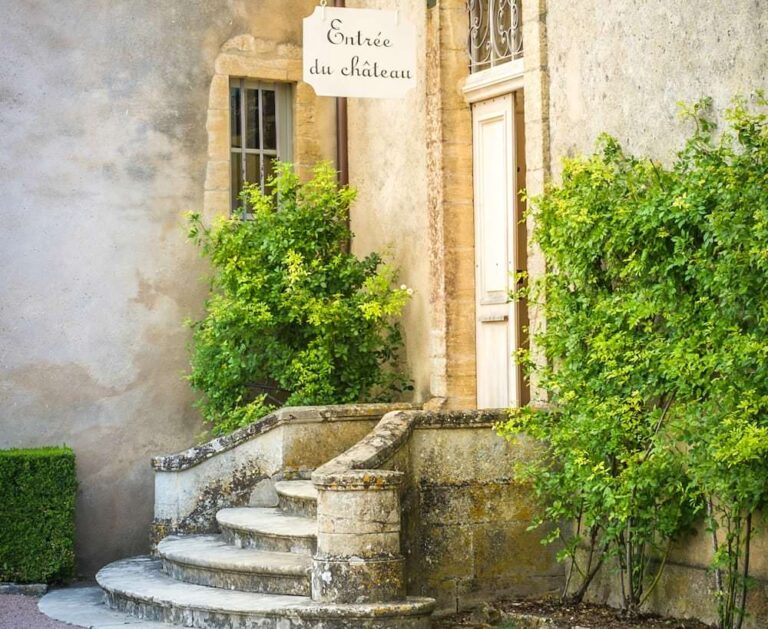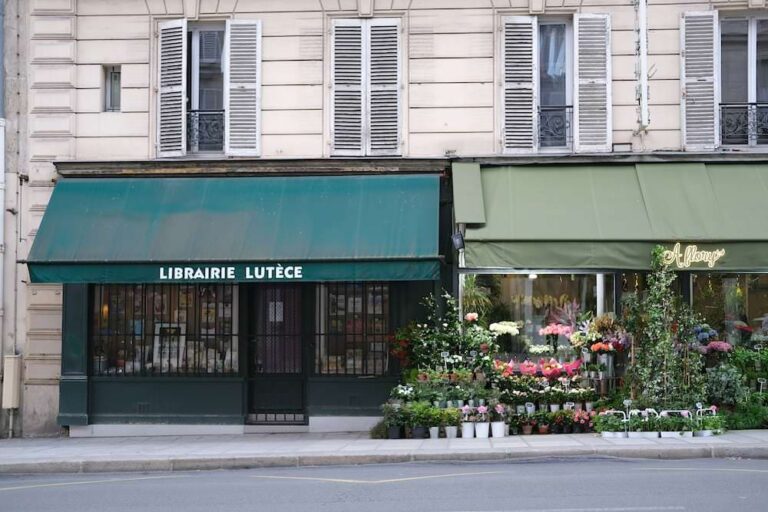en meanings
The French word “en” is a versatile preposition and pronoun with multiple meanings. Here we examine several of its most important meanings.
1. “In” or “To” a Feminine Country/Region/Continent
When referring to locations, “en” means “in” or “to” with feminine countries, regions, and continents.
- Elle habite en France. (She lives in France.)
- Je vais en Italie. (I’m going to Italy.)
- Ils voyagent en Asie. (They are traveling in/to Asia.)
Exception: Masculine countries use “au” (au Canada), and plural countries use “aux” (aux États-Unis).
2. “In” a Language
When referring to the language in which something is spoken or written, “en” means “in.”
- Ce livre est écrit en français. (This book is written in French.)
- Pouvez-vous parler en anglais ? (Can you speak in English?)
3. “In,” “While,” or “By” with a Present Participle (Gerund)
“En” + present participle expresses simultaneous actions (while doing something) or means/method (by doing something).
- Elle lit en buvant du café. (She reads while drinking coffee.)
- Il a réussi en travaillant dur. (He succeeded by working hard.)
- En passant, j’ai vu un ami. (While passing by, I saw a friend.)
4. Pronoun: “Of It,” “From It,” “Some,” “Any”
As a pronoun, “en” replaces phrases introduced by “de” and can mean:
- “Of it,” “of them,” “some of it,” “from it,” “from them” (replaces de + noun)
- “Of it” and “of them” can also mean “about it” or “about them.”
- “Some,” “any” (replaces du/de la/des + noun)
- “Some of them,” “any of them,” “any of it,” “any of them” (replaces de + plural noun)
Examples:
- Tu veux du café ? – Oui, j’en veux. (Do you want some coffee? – Yes, I want some.)
- Il parle de son voyage ? – Oui, il en parle. (Is he talking about his trip? – Yes, he’s talking about it.)
- Prends-tu des pommes ? – J’en prends deux. (Are you taking any apples? – I’m taking two of them.)
5. “By” (Transportation or Method)
“En” indicates the means of transportation or method used.
- Je voyage en train. (I travel by train.)
- Elle est venue en voiture. (She came by car.)
6. “As” (Role or Capacity)
When describing a role, identity, or manner, “en” means “as.”
- Je te parle en ami. (I’m speaking to you as a friend.)
- Il agit en professionnel. (He acts as a professional.)
7. “Into” (Transformation or Division)
“En” can mean “into” when referring to changing or dividing something.
- Il divise le gâteau en quatre parts. (He divides the cake into four pieces.)
- Transformer l’eau en glace. (Turn water into ice.)
8. “Made Of” (Material Composition)
“En” describes what something is made of.
- Une bague en or. (A ring made of gold.)
- Une table en bois. (A table made of wood.)
Summary Table
| Meaning | Example |
|---|---|
| In/To (feminine place) | Il vit en Espagne. |
| In (language) | Écrire en anglais. |
| While/By (gerund) | Manger en lisant. |
| Pronoun (some/of it) | J’en veux. |
| By (transportation) | Voyager en avion. |
| As (role) | Agir en chef. |
| Into (division) | Couper en morceaux. |
| Made of (material) | Une montre en argent. |






